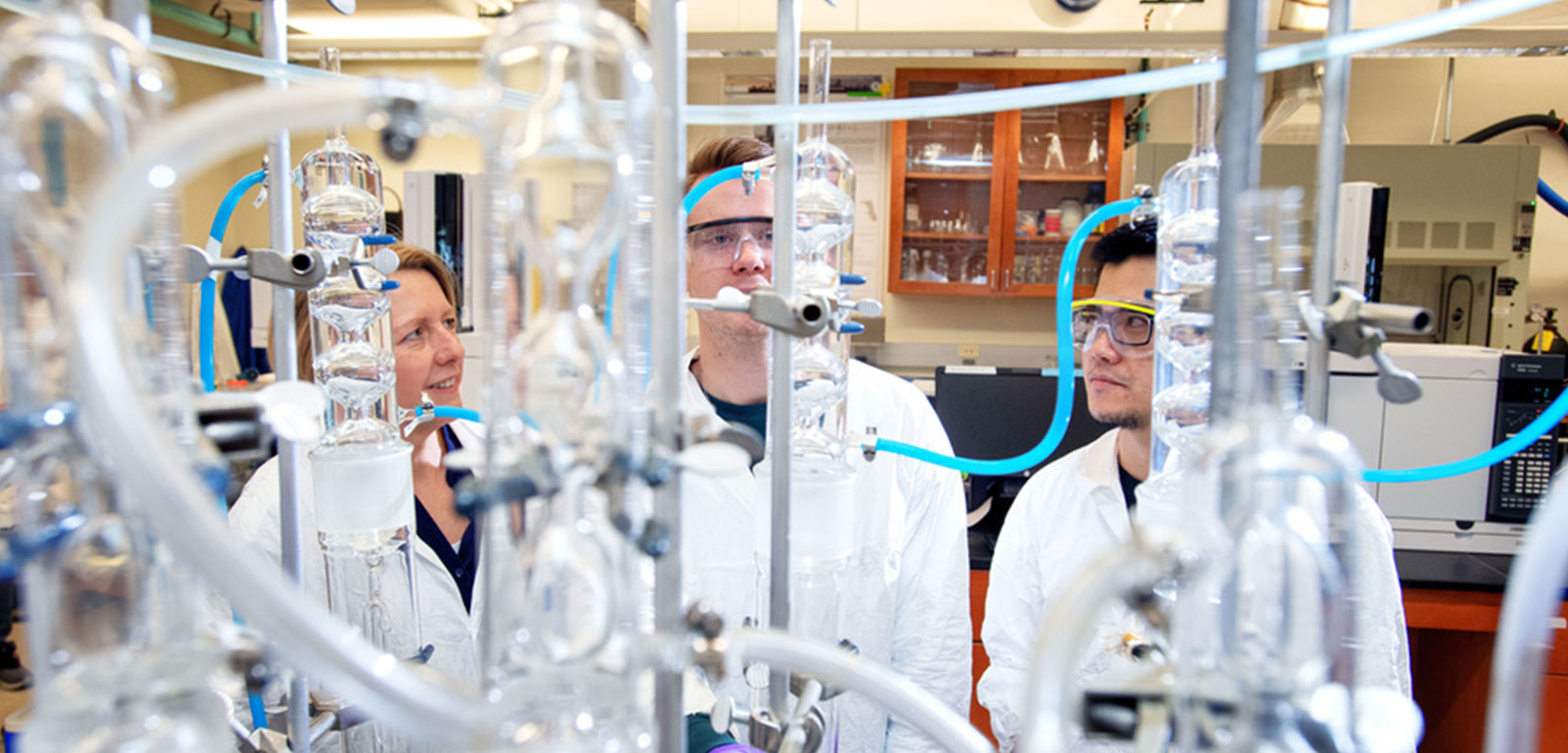

To be eligible for admission to the Master of Environmental Engineering, students must hold:
a three year bachelor degree in Engineering from a recognised University (or another tertiary education institution of equivalent standing)
OR a bachelor degree or bachelor Honours degree in an environment-related field from a recognised University (or another tertiary education institution of equivalent standing) with at least two years full-time equivalent relevant work experience
OR a four year bachelor degree or bachelor Honours degree in Engineering from a recognised University (or another tertiary education institution of equivalent standing) and these students will be eligible for 40 credit points of advanced standing towards the program.
Study option
If you do not meet the academic entry criteria, you may be able to study the Masters Qualifying Program (9354) and qualify for entry into this Masters degree.
English language requirements apply to International applicants and other applicants whose previous study was undertaken in a language other than English. The minimum English language requirements for such applicants for entry to this program are as follows:
A minimum overall band score of 6.5 on IELTS (Academic) with no sub-score of less than 6.0
OR a minimum score of 575 on TOEFL
OR an internet-based (iBT) TOEFL score of 79 (no sub-score less than 19)
OR no score less than 3+ in each skill of the ISLPR (conducted by ISLPR Language Services only)
OR a minimum overall score of 176 (no score less than 169) on C1 Advanced (formerly Cambridge Certificate in Advanced English) or C2 Proficiency (formerly Cambridge Certificate of Proficiency in English)
OR an overall score of 58 in the Pearson Test of English (Academic) with no score less than 50.
English test results must be no more than two years old.
The wants and needs of a rapidly expanding, global population means it has never been more important to shape our environmental future. Environmental engineering is your pathway to protecting the natural environment and its resources by ensuring that we minimise the adverse effect we may have on it. In this program you will develop an understanding of complex environmental problems and issues, and of the challenges facing environmental sustainability. You will learn to design creative engineering solutions and manage key projects associated with environmental protection in the area of solid and hazardous waste management, air quality monitoring and control, water and wastewater treatment, and renewable energy. You will develop the skills to incorporate sustainability concepts into engineering work practices from various discipline backgrounds.
CRICOS CODE:083738D
More Info: Click here
Course lists
Table A
Course
Cleaner Production and Circular Economy - 7402ENG
Industrial Water and Wastewater Treatment - 7409ENG
Solid Waste Management - 7412ENG
Project Management - 7201ENG
Water and Wastewater Treatment Fundamentals - 7411ENG
Hydrologic and Hydraulic Modelling - 7415ENG
Site Remediation and Rehabilitation - 7406ENG
Air Quality Monitoring and Control - 7401ENG
Wetland Systems in Environmental Management - 7403ENG (not offered from 2016)
Renewable Energy Systems - 7405ENG
Advanced Water and Wastewater Engineering - 7404ENG
Hazardous Waste Management - 7408ENG
Engineering Communication and Leadership - 7002ENG (offered online in Tri 2 from 2017)
Environmental Management Systems - 7407ENG
Table B
Students must complete 20 credit points from the following Table B courses:
Course
Research Methods for Engineers - 7001ENG (offered online and on-campus at NA/Tri 2 & GC/Tri 1)
Environmental Engineering Research Project - 7414ENG (see Note 1)

You will be prepared for leading environmental engineering practices in the public sector, resource related sectors, infrastructure sectors, and the consulting engineering sector. You will have the skills to work in organisations that deal with solid and hazardous waste, wastewater and air pollution control.

OSHC: 609 ($) AUD per year